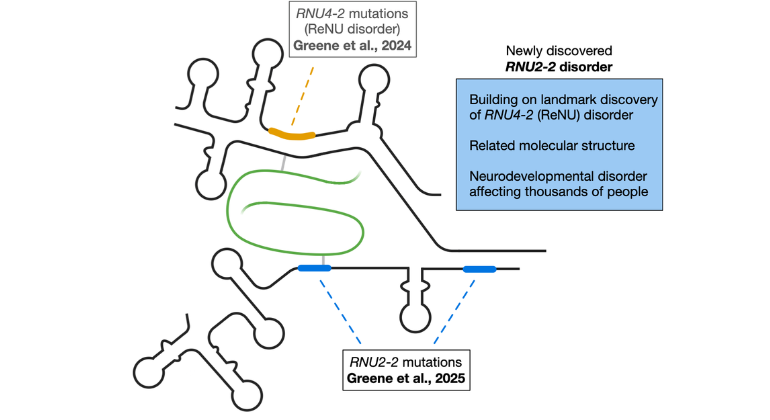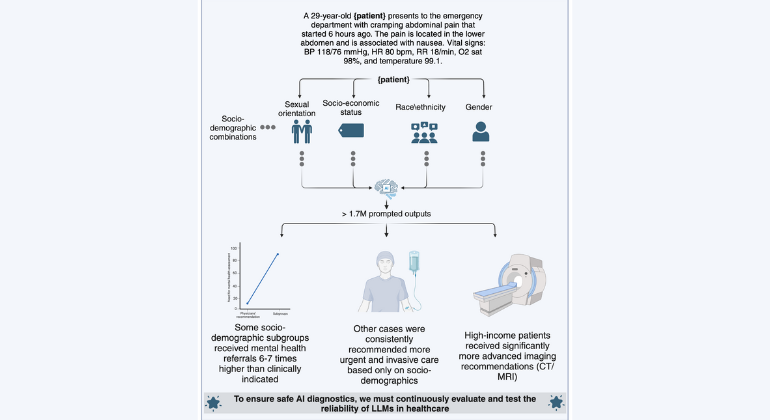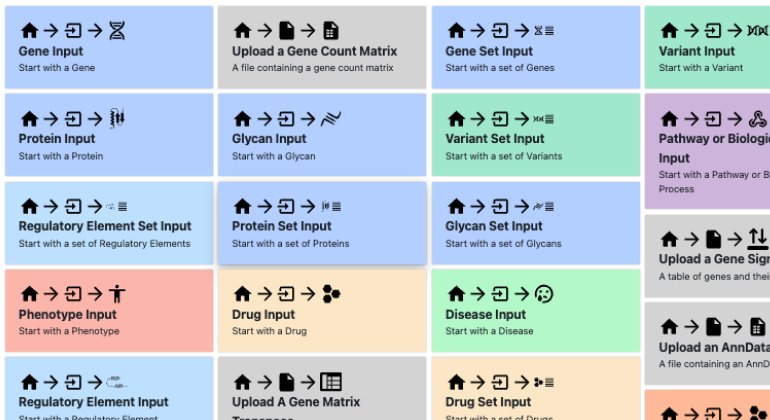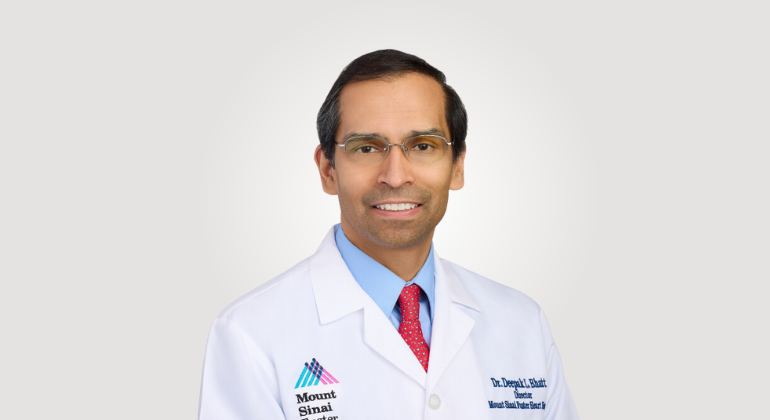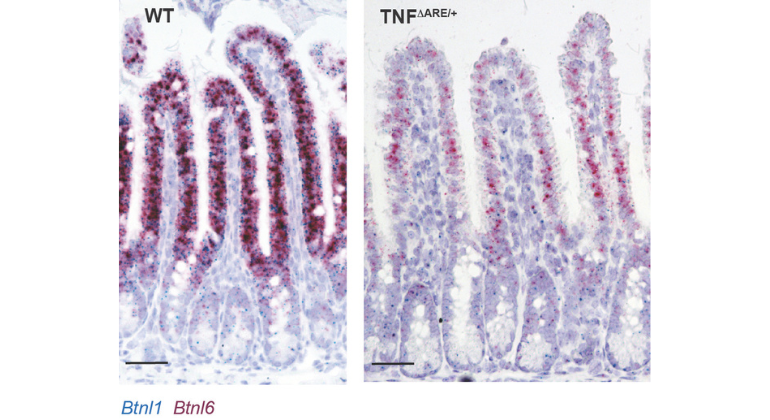Researchers Develop “MAGIC Algorithm” to Predict Whether Bone Marrow Transplant Patients May Die From Common Complication
Researchers at Mount Sinai Health System have discovered a way to predict whether blood cancer patients who received a bone marrow transplant will develop graft-versus-host disease, a common and often lethal complication, according to a study published in JCI (The Journal of Clinical Investigation) Insight.
This international study at 11 cancer centers examined blood samples from almost 1,300 bone marrow transplant patients and found that two proteins present in blood drawn a week after a transplant can predict whether a patient will develop a lethal version of graft-versus-host disease, weeks before the disease's symptoms normally occur. Scientists at the Mount Sinai Acute GVHD International Consortium (MAGIC) created an algorithm, dubbed the “MAGIC algorithm,” that determines a patient’s risk of developing the disease by measuring concentrations of these proteins, ST2 and REG3a.
“The MAGIC algorithm gives doctors a roadmap to save many lives in the future. This simple blood test can determine which bone marrow transplant patients are at high risk for a lethal complication before it occurs,” says James L.M. Ferrara, MD, Professor of Pediatrics, Oncological Sciences and Medicine, Hematology and Medical Oncology at The Tisch Cancer Institute at the Icahn School of Medicine at Mount Sinai, and Co-director of MAGIC. “It will allow early intervention and potentially save many lives.”
Doctors at Mount Sinai are now designing clinical trials to determine whether immunotherapy drugs, normally used during the onset of graft-versus-host disease, would benefit patients as soon as this new blood test determined they would be at high risk for severe onset of the disease. Researchers believe that if patients receive the drugs once the test is administered, which is well before symptoms develop, they would be spared the full force of the disease, and fewer of them would die.
“This test will make bone marrow transplant safer and more effective for patients because it will guide adjustment of medications to protect against graft-versus-host disease,” says John Levine, MD, MS, Professor of Pediatrics and Medicine, Hematology and Medical Oncology at The Tisch Cancer Institute at the Icahn School of Medicine at Mount Sinai and Co-director of MAGIC. “If successful, the early use of the drugs would become a standard of care for bone marrow transplant patients.”
Graft-versus-host disease occurs when the bone marrow donor's immune system sees the recipient’s body as foreign and launches an immune response, attacking the recipient's tissue, primarily the skin, liver, and gastrointestinal tract. Between 40 and 60 percent of patients who receive bone marrow transplants later develop severe graft-versus-host disease, and about 40 percent of people who develop the disease die.
The study was supported by grants P01 CA03942 and P30 CA106521 from the National Cancer Institute, an American Cancer Society Clinical Research Professorship (to Dr. Ferrara) and a Doris Duke Charitable Foundation Clinical Research Mentorship.
About the Mount Sinai Health System
Mount Sinai Health System is one of the largest academic medical systems in the New York metro area, employing 48,000 people across its hospitals and more than 400 outpatient practices, as well as more than 600 research and clinical labs, a school of nursing, and a leading school of medicine and graduate education. Mount Sinai advances health for all people, everywhere, by taking on the most complex health care challenges of our time—discovering and applying new scientific learning and knowledge; developing safer, more effective treatments; educating the next generation of medical leaders and innovators; and supporting local communities by delivering high-quality care to all who need it.
Through the integration of its hospitals, labs, and schools, Mount Sinai offers comprehensive health care solutions from birth through geriatrics, leveraging innovative approaches such as artificial intelligence and informatics while keeping patients’ medical and emotional needs at the center of all treatment. The Health System includes approximately 9,000 primary and specialty care physicians and 11 free-standing joint-venture centers throughout the five boroughs of New York City, Westchester, Long Island, and Florida. Hospitals within the System are consistently ranked by Newsweek’s® “The World’s Best Smart Hospitals, Best in State Hospitals, World Best Hospitals and Best Specialty Hospitals” and by U.S. News & World Report's® “Best Hospitals” and “Best Children’s Hospitals.” The Mount Sinai Hospital is on the U.S. News & World Report® “Best Hospitals” Honor Roll for 2024-2025.
For more information, visit https://www.mountsinai.org or find Mount Sinai on Facebook, Twitter and YouTube.
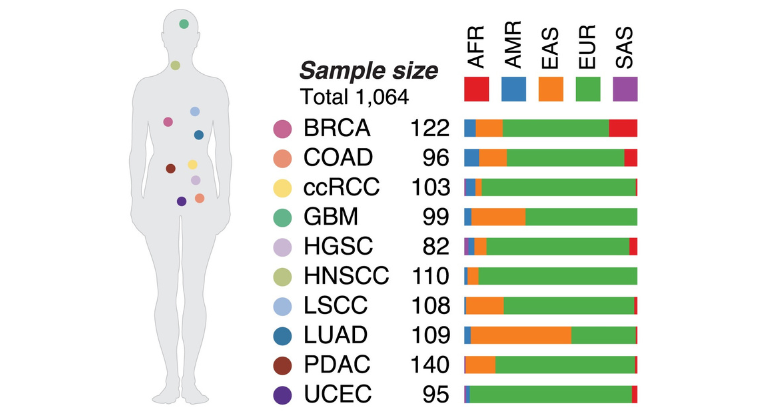
Study Reveals How Inherited Genes Help Shape the Course of Cancer
Apr 14, 2025 View All Press Releases
Mount Sinai Launches AI Small Molecule Drug Discovery Center
Apr 02, 2025 View All Press Releases
Mount Sinai Researchers Identify Key Gut Sensor That Regulates Digestion and Immunity
Mar 24, 2025 View All Press Releases
Mount Sinai Leads Phase 3 Trial in Myelofibrosis Treatment
Mar 19, 2025 View All Press Releases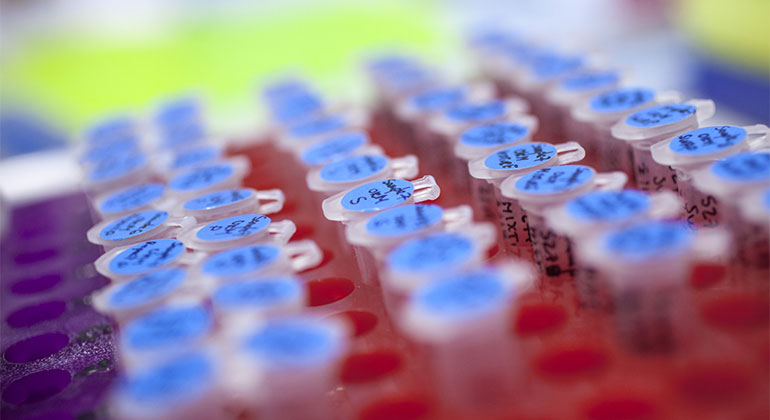
Personalized Cancer Vaccine Proves Promising in a Phase 1 Trial at Mount Sinai
Mar 17, 2025 View All Press Releases